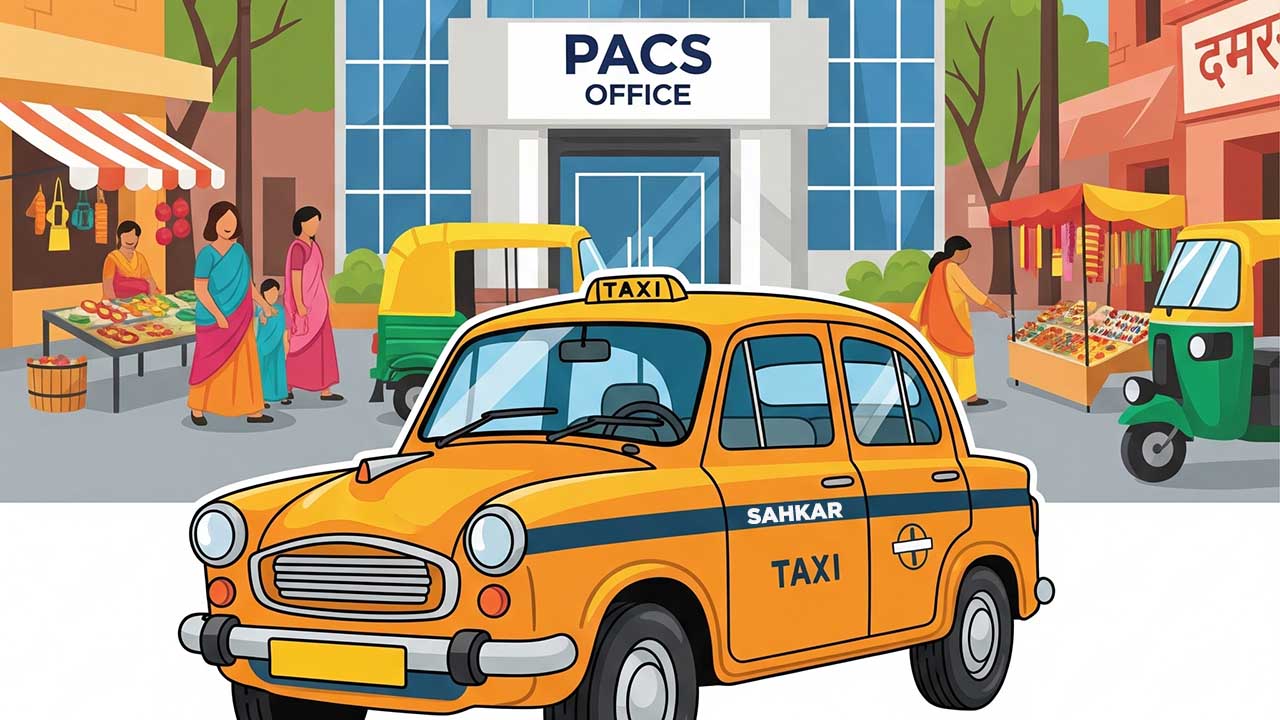PACS Likely to Be Integrated Into ‘Sahakar Taxi’ Scheme to Empower Rural Drivers
In a groundbreaking announcement, Union Home and Cooperation Minister Amit Shah unveiled the launch of the Sahakar Taxi, India’s first national taxi service based on the cooperative model. This was revealed during an event in Mumbai celebrating the International Year of Cooperatives 2025, signaling a new era for the country’s transport sector.
Shah articulated the core vision behind this transformative initiative:
“Under this model, taxi drivers will not just be workers but co-owners of the Sahakar Taxi service. The profits generated will be directly transferred to their bank accounts.”
This bold statement highlighted the power of the cooperative model, where ownership is shared, and the benefits directly benefit the drivers, the heart of the service.
Redefining the Role of Drivers: Co-ownership and Fair Profit Sharing
The Sahakar Taxi model aims to economically empower drivers by reducing their dependency on traditional aggregator platforms. Instead of simply working for a ride-hailing company, drivers will become cooperative members, with ownership rights and long-term financial security. By engaging with the cooperative, they’ll enjoy a fair share of the profits, creating a more sustainable and equitable model for all involved.
Shah emphasized that this initiative would ensure not only ownership but a deeper connection to the service. “Every taxi driver will not just be connected to the service, but will be the owner of the cooperative taxi. This is the power of the cooperative model,” he said, making it clear that the Sahakar Taxi service is designed to give drivers a sense of true ownership and a stake in its success.
Connecting Rural and Urban: Strengthening the Cooperative Ecosystem
A key aspect of Shah’s announcement was the potential to involve Primary Agricultural Credit Societies (PACS) in the cooperative taxi services. This partnership would enable PACS to extend their reach, provide localized financial services, and further strengthen the cooperative ecosystem that connects rural and urban areas. By involving these societies, the initiative aims to provide sustainable growth and deeper community connections.
Through Sahakar Taxi, the government is setting the stage for a new era of collaboration, economic empowerment, and fairness, promising to transform the way India’s taxi industry operates and benefits its drivers.

